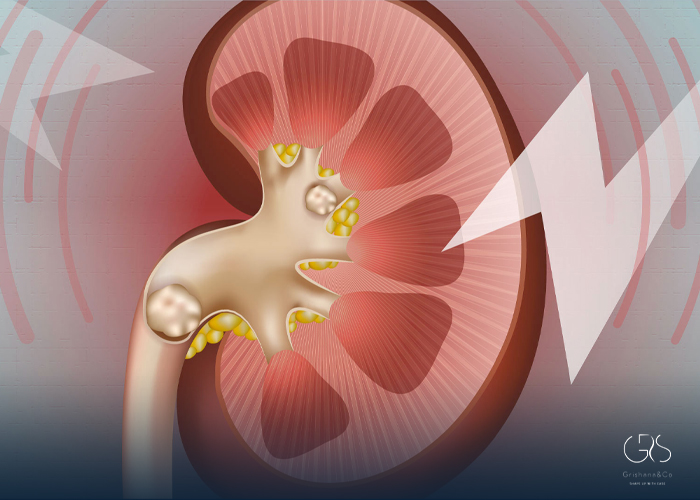Smelly urine is a common concern that can be both uncomfortable and embarrassing. However, understanding its underlying causes and implementing appropriate measures may help alleviate the problem. In this article, we will explore nine potential causes of smelly urine, while considering diverse perspectives, and provide guidance on how to address each one effectively.
1.Dehydration:
Dehydration is one of the leading causes of smelly urine. Insufficient water intake leads to concentrated urine, resulting in a stronger odor. Start by ensuring you drink an adequate amount of water daily. The Centers for Disease Control and Prevention (CDC) suggests that about 43% of adults in the United States do not consume enough water. Stay well-hydrated by drinking water throughout the day.

2.Urinary Tract Infections (UTIs):
Urine with a foul smell can be an indication of a urinary tract infection (UTI). UTIs occur when bacteria enter the urinary tract and multiply. It is estimated that approximately 50% of women will experience at least one UTI in their lifetime. Seeking medical attention for diagnosis and treatment, which may include antibiotics, is crucial to address UTIs effectively.
3.Certain Foods:
The consumption of specific foods can also contribute to smelly urine. Asparagus, for example, contains a compound that can cause urine to produce a distinct smell. Other foods like garlic, onions, and spices can also have a similar effect on urine odor. Monitoring your diet and identifying any potential food triggers can be helpful in managing this issue.

4.Medications:
Certain medications, such as antibiotics and vitamin B supplements, can alter the chemical composition of urine, resulting in an unpleasant smell. If you suspect that medication is causing the odor, consult with your healthcare provider to determine if any adjustments or alternatives are available.
5.Diabetes:
Uncontrolled diabetes can lead to urine with a sweet or fruity smell. This manifestation occurs due to the presence of excess sugar in the urine, known as glycosuria. Proper management of diabetes through medication, diet, and exercise is essential to alleviate urine odor related to diabetes.
(To learn more about Diabetes impact please refer to this article)

6.Liver and Kidney Diseases:
Liver and kidney diseases can cause various changes in urine odor. Liver diseases, such as cirrhosis, may result in a strong ammonia-like smell, while kidney diseases, like chronic renal failure, can cause urine to have a fishy odor. Seeking medical advice is crucial if you suspect liver or kidney problems for proper diagnosis and treatment.
7.Urinary Stones:
Urinary stones, also known as kidney stones, can contribute to smelly urine due to the presence of minerals and bacteria. These stones can lead to urinary tract blockages and infections, resulting in an unpleasant odor[^6]. Treatment options, ranging from medication to surgical interventions, are available based on the size, location, and severity of the stones.

8.Urine Retention:
Prolonged urine retention in the bladder can cause bacteria to multiply, resulting in strong-smelling urine. Urine retention can be caused by various factors like prostate enlargement in men and pelvic floor dysfunction in women. Treatment options for urine retention vary, including medication, lifestyle changes, and physical therapy.
9.Sexually Transmitted Infections (STIs):
Certain sexually transmitted infections (STIs), such as chlamydia and gonorrhea, can cause an unusual odor in urine. These infections frequently lead to inflammation of the urinary tract, resulting in an unpleasant smell[^8]. Regular STI testing and seeking timely medical treatment are crucial to manage and prevent the spread of these infections.
Conclusion:
The odor of urine can serve as an indicator of underlying health conditions. When urine has a foul smell, it could potentially be attributed to various factors. Dehydration can contribute to concentrated urine, resulting in a stronger odor. Additionally, certain foods and medications may cause temporary changes in urine odor. However, persistent smelly urine might indicate an underlying medical issue such as a urinary tract infection, kidney stones, or liver disease. It is crucial to stay hydrated, maintain a balanced diet, and observe any patterns or changes in urine odor. If the smell persists or is accompanied by other concerning symptoms, it is advisable to seek medical attention for a thorough evaluation and appropriate treatment.
Sources
- Centers for Disease Control and Prevention (CDC), Water and Healthier Drinks
- American Diabetes Association (ADA), Diabetes Symptoms
- Mayo Clinic, Symptoms Urine odor
- National Kidney Foundation, Kidney Stones
- Centers for Disease Control and Prevention (CDC), Chlamydia – CDC Detailed Fact Sheet





